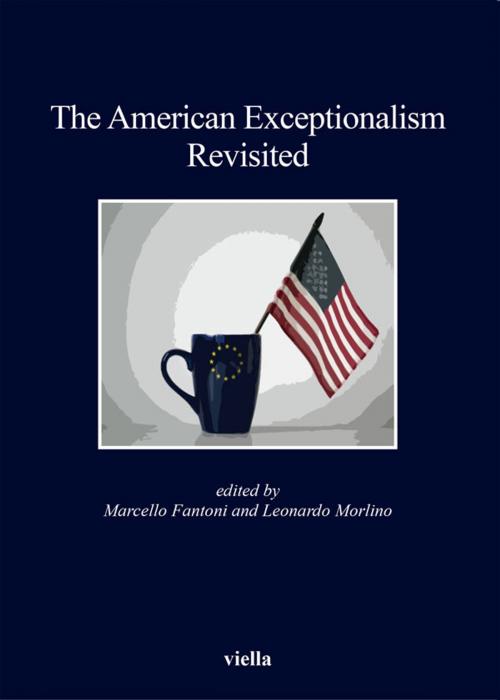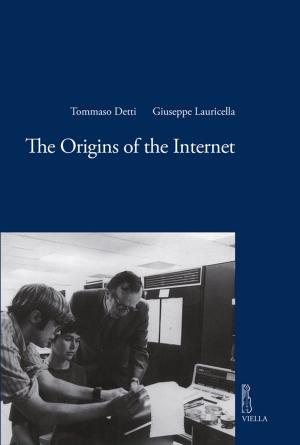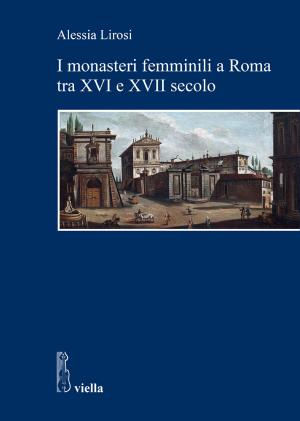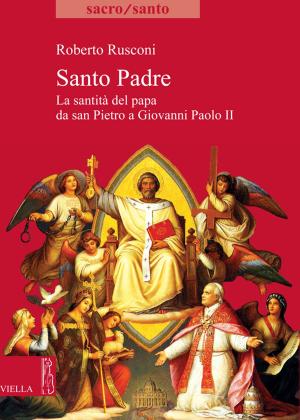The American Exceptionalism Revisited
Nonfiction, History, Americas, North America, Modern, 20th Century| Author: | Marcello Fantoni, Leonardo Morlino | ISBN: | 9788867286195 |
| Publisher: | Viella Libreria Editrice | Publication: | February 26, 2016 |
| Imprint: | Viella Libreria Editrice | Language: | English |
| Author: | Marcello Fantoni, Leonardo Morlino |
| ISBN: | 9788867286195 |
| Publisher: | Viella Libreria Editrice |
| Publication: | February 26, 2016 |
| Imprint: | Viella Libreria Editrice |
| Language: | English |
When looking at the US from a European perspective a sort of paradox immediately emerges. On the one hand, the ‘American way of life’ has been penetrating in depth our everyday life and, even more, our Western culture through the music, the movies, the literature and all possible consumerist habits. But, on the other hand, all recurrent statements have been emphasizing the ‘American exceptionalism’ of political institutions, that is, how different and distant the North American institutions are from the European ones with regards to the government leadership, the relationships between existing powers, the connections with the citizens and even the very notion of democracy. This book will not analyze the reasons of such exceptionalism. It addresses a more salient and up to date question: how much exceptionalism is today still present if we compare US democratic institutions to the European ones? In other words, has there been a convergence or are the differences still very strong and accentuated? And if there has been convergence, in what directions? Or if resilient divergences, on what aspects? Moreover, how to explain the convergence, if there has been one?
When looking at the US from a European perspective a sort of paradox immediately emerges. On the one hand, the ‘American way of life’ has been penetrating in depth our everyday life and, even more, our Western culture through the music, the movies, the literature and all possible consumerist habits. But, on the other hand, all recurrent statements have been emphasizing the ‘American exceptionalism’ of political institutions, that is, how different and distant the North American institutions are from the European ones with regards to the government leadership, the relationships between existing powers, the connections with the citizens and even the very notion of democracy. This book will not analyze the reasons of such exceptionalism. It addresses a more salient and up to date question: how much exceptionalism is today still present if we compare US democratic institutions to the European ones? In other words, has there been a convergence or are the differences still very strong and accentuated? And if there has been convergence, in what directions? Or if resilient divergences, on what aspects? Moreover, how to explain the convergence, if there has been one?















